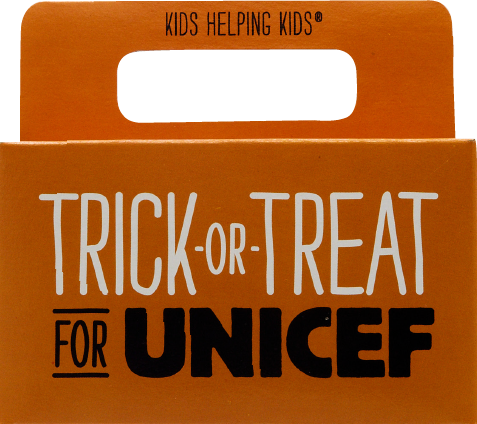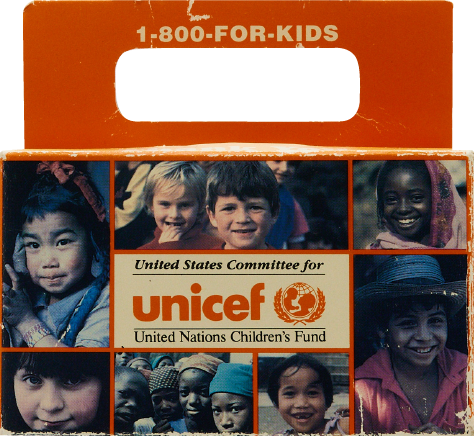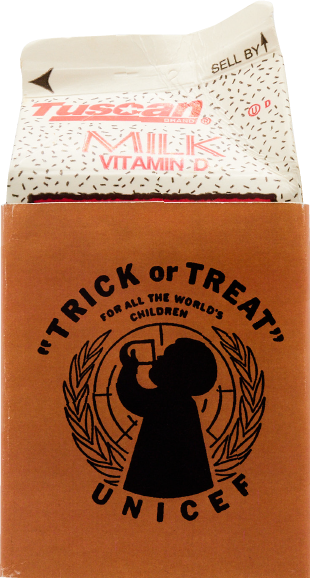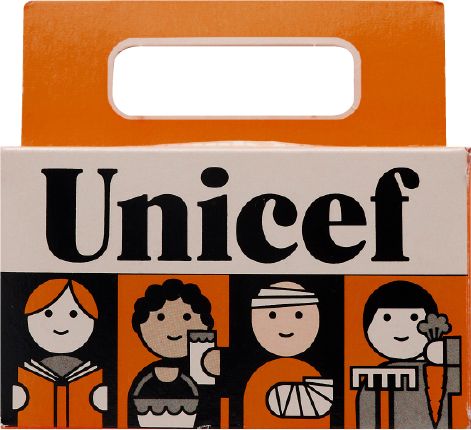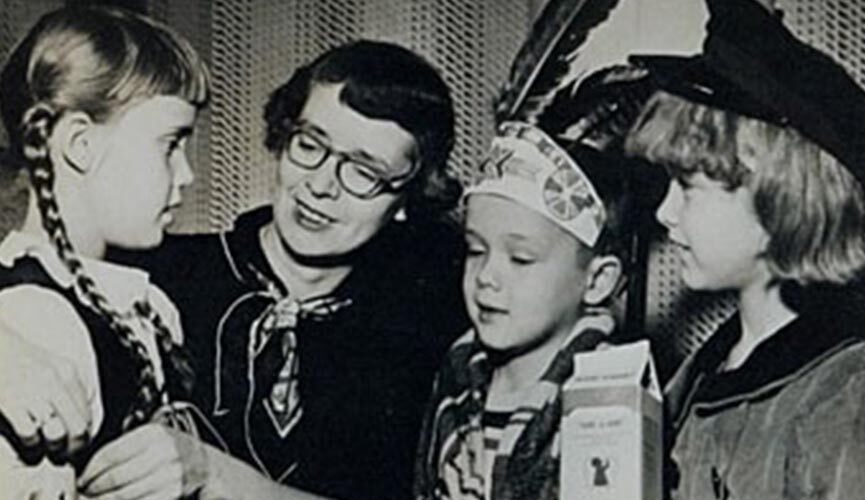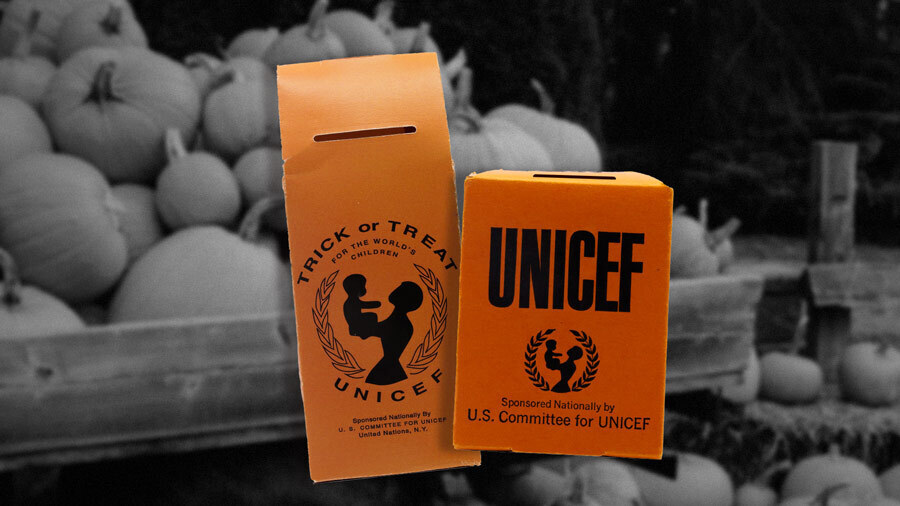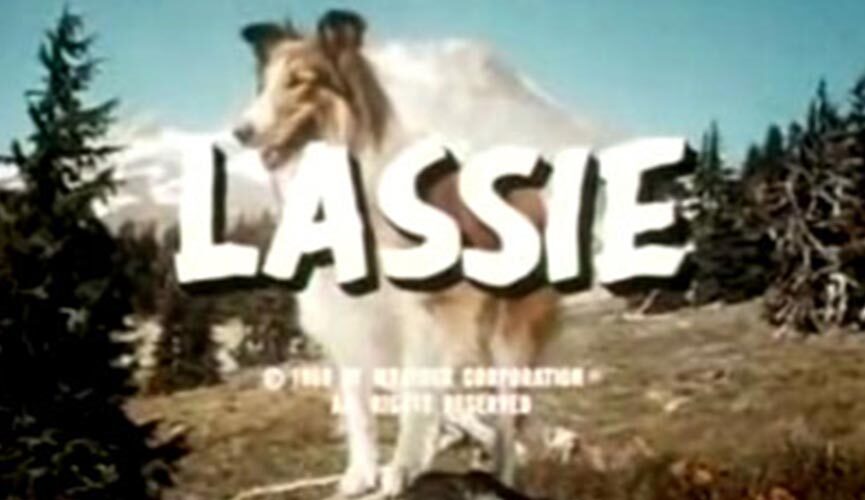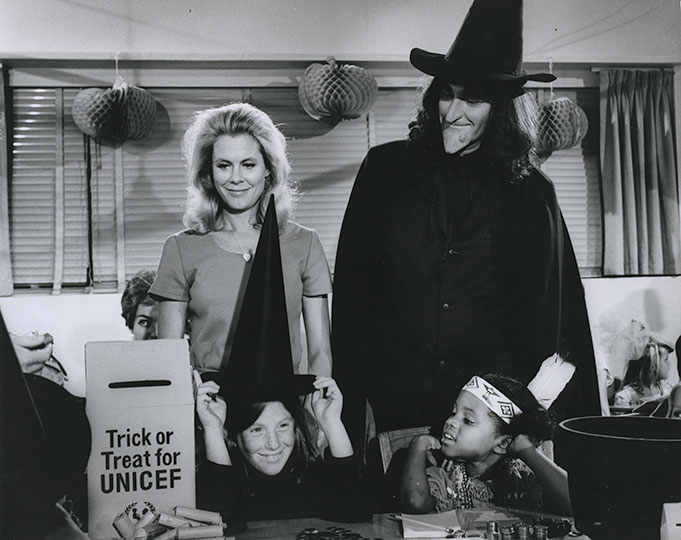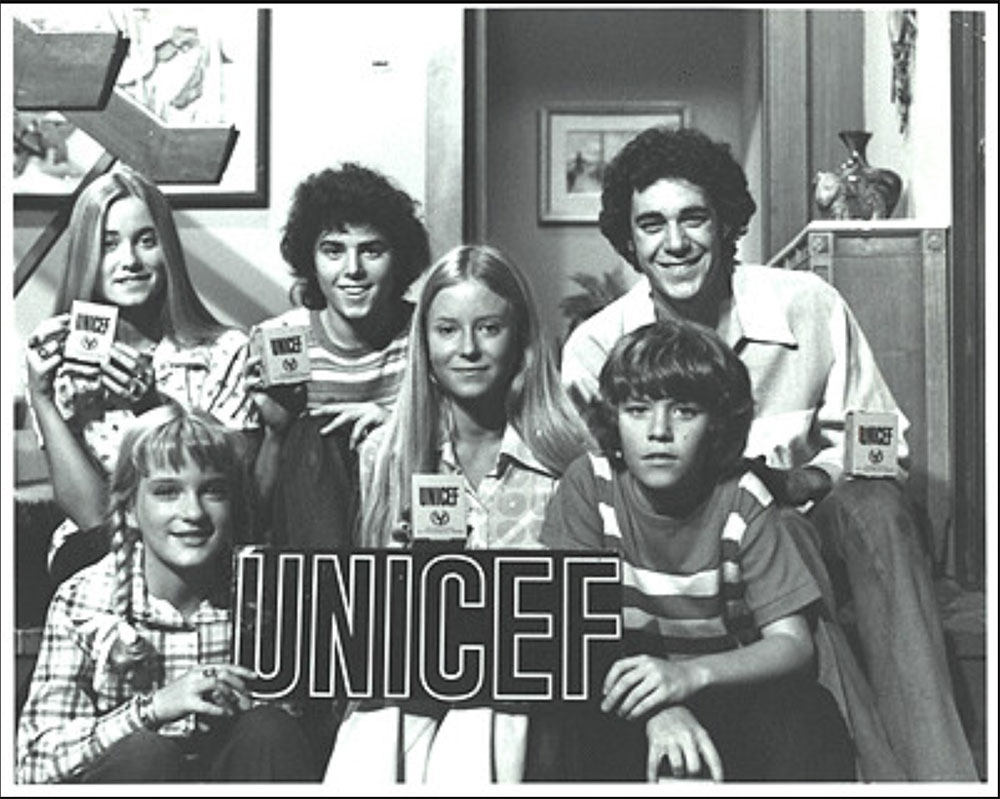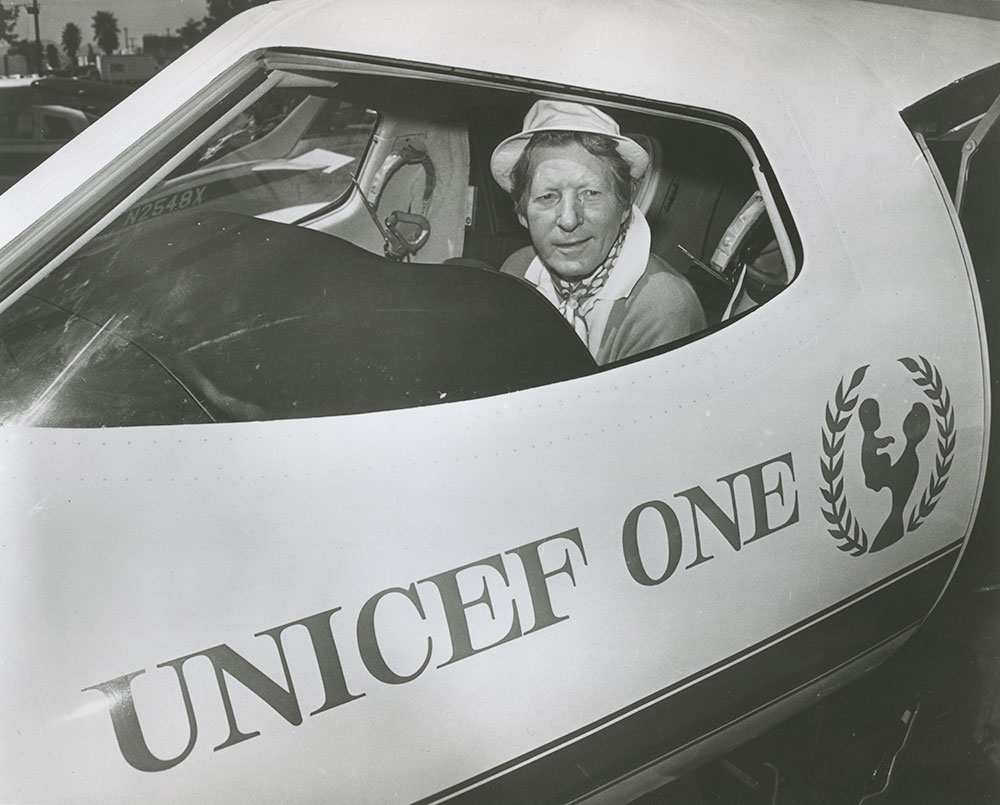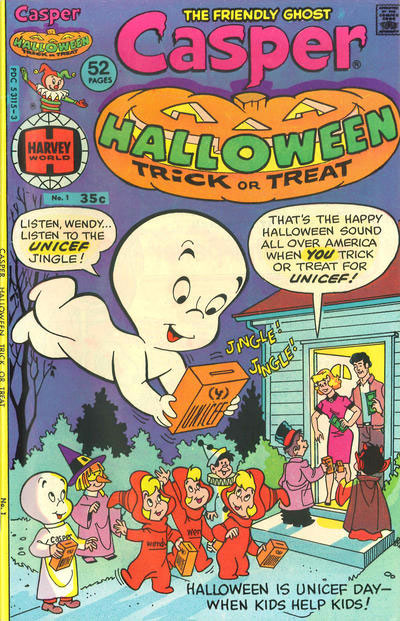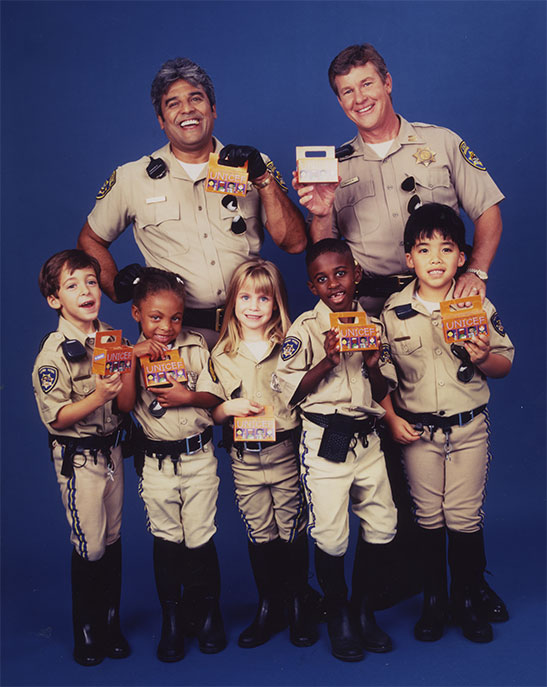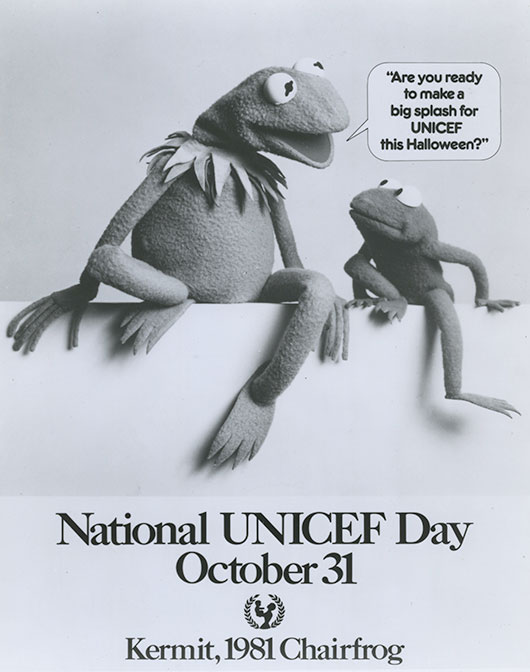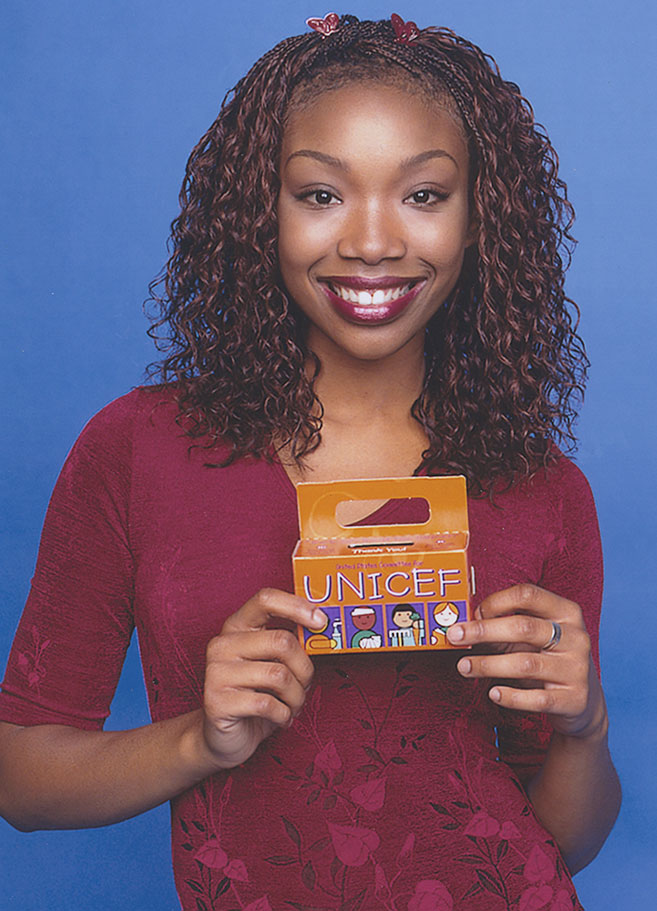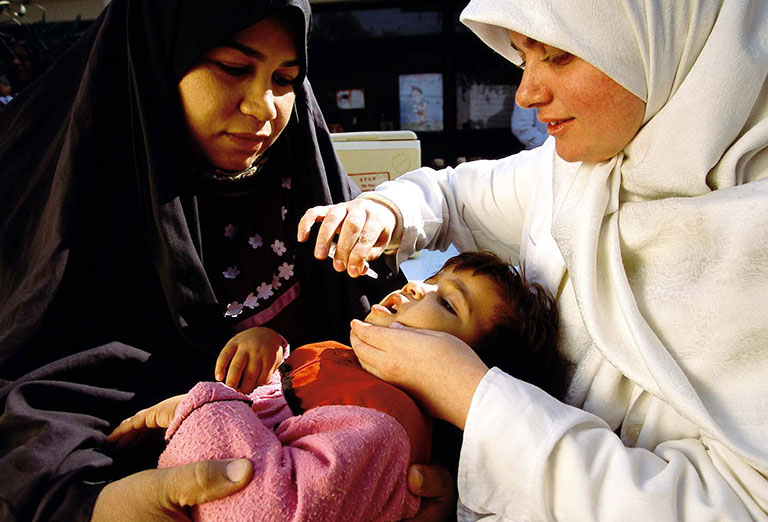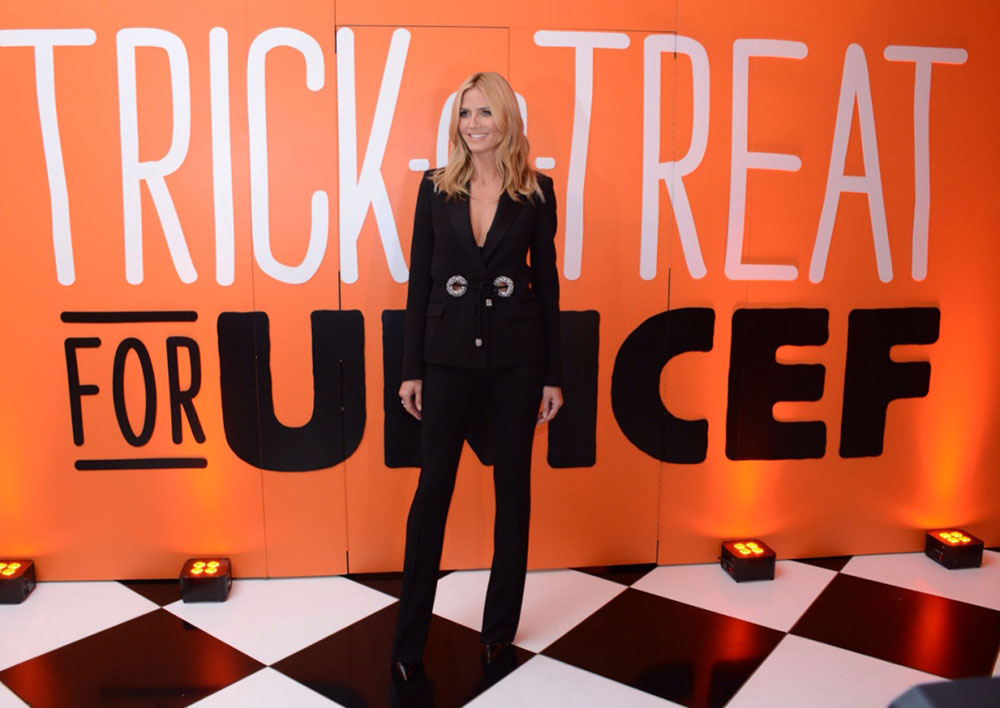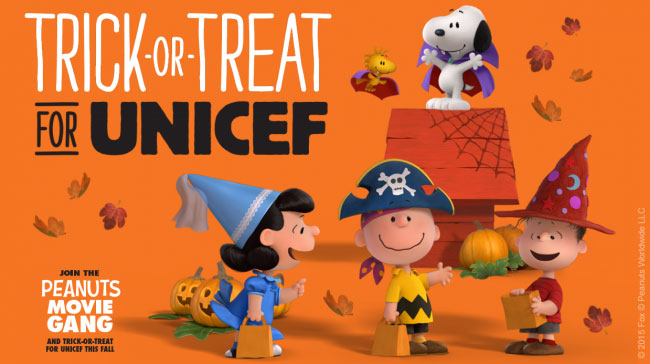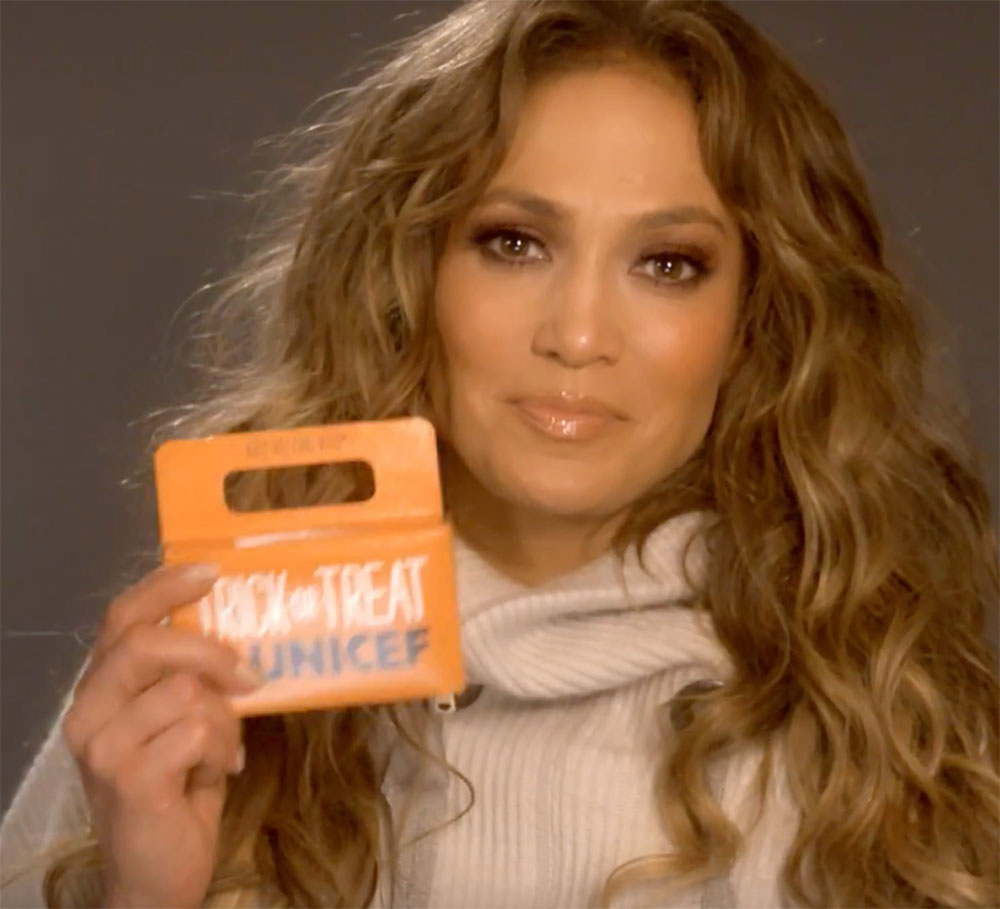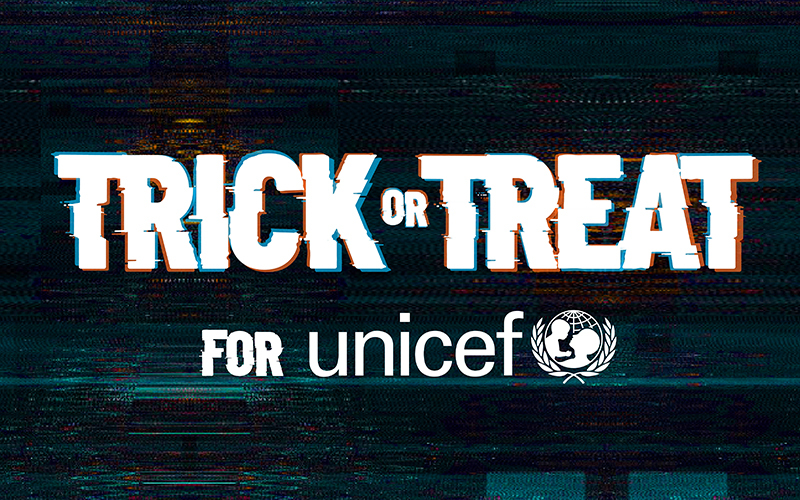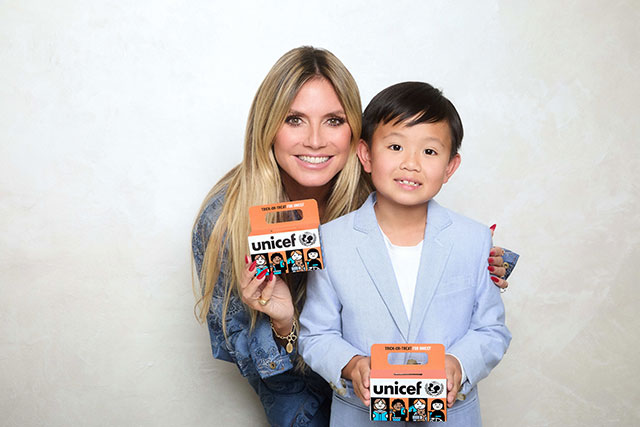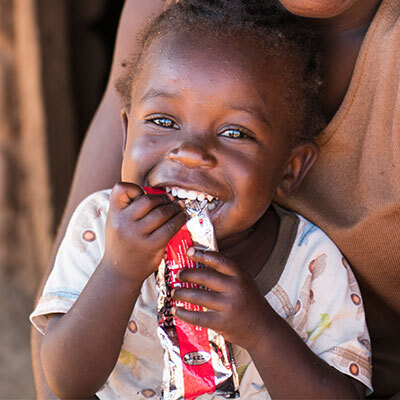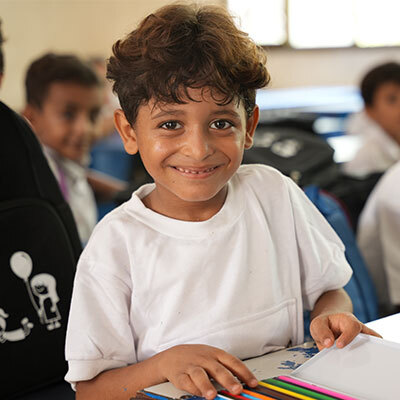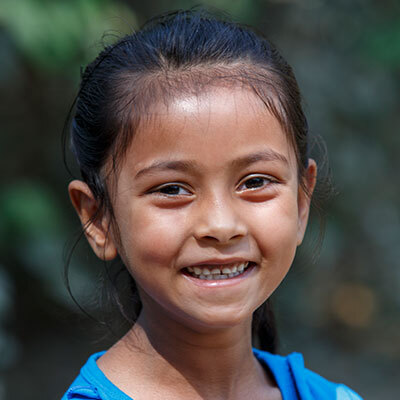Trick-or-Treat for UNICEF
Thanks to everyone who participated in 2024. See you in 2025! In the meantime, explore below to learn how millions of people have come to add some meaning to their Halloweening.
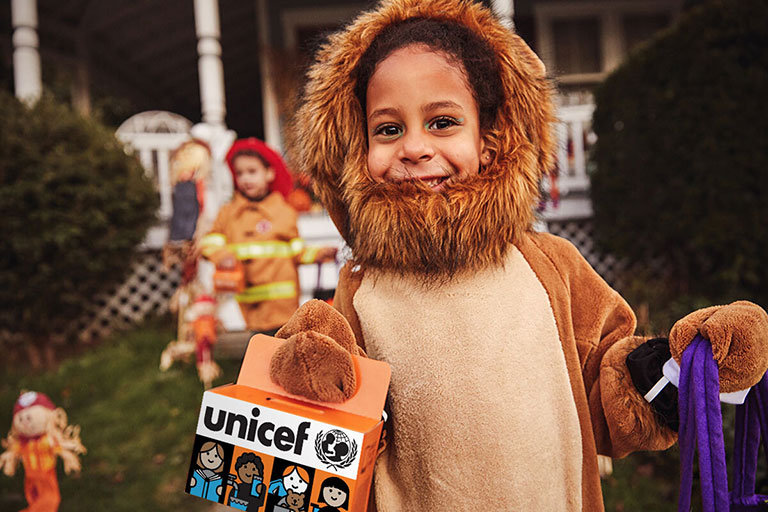
Approaching 75 Years of Trick-or-Treat for UNICEF
Keep in Touch
Our Longtime Partners
Circle K International is one of the largest student-led collegiate service organization, with thousands of members on hundreds of campuses on five continents across the globe. Through their support of Trick-or-Treat for UNICEF, Circle K members have funded programs including the elimination of maternal and neonatal tetanus and the Plastic Bricks Project in Côte d’Ivoire.

Key Club International is the largest student-led organization for high schoolers that empowers its members with opportunities to provide service, build character and develop leadership. The funds they raised have supported UNICEF’s global efforts to provide early childhood education programs in Zambia as well as those to eliminate maternal and neonatal tetanus.
Learn More About UNICEF USA

Where UNICEF works Read More...
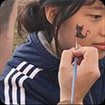
UNICEF Clubs Add Meaning to Their Halloweening Read More...
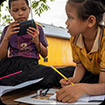
Core Resources Help UNICEF Achieve the Greatest Impact for Children Read More...
